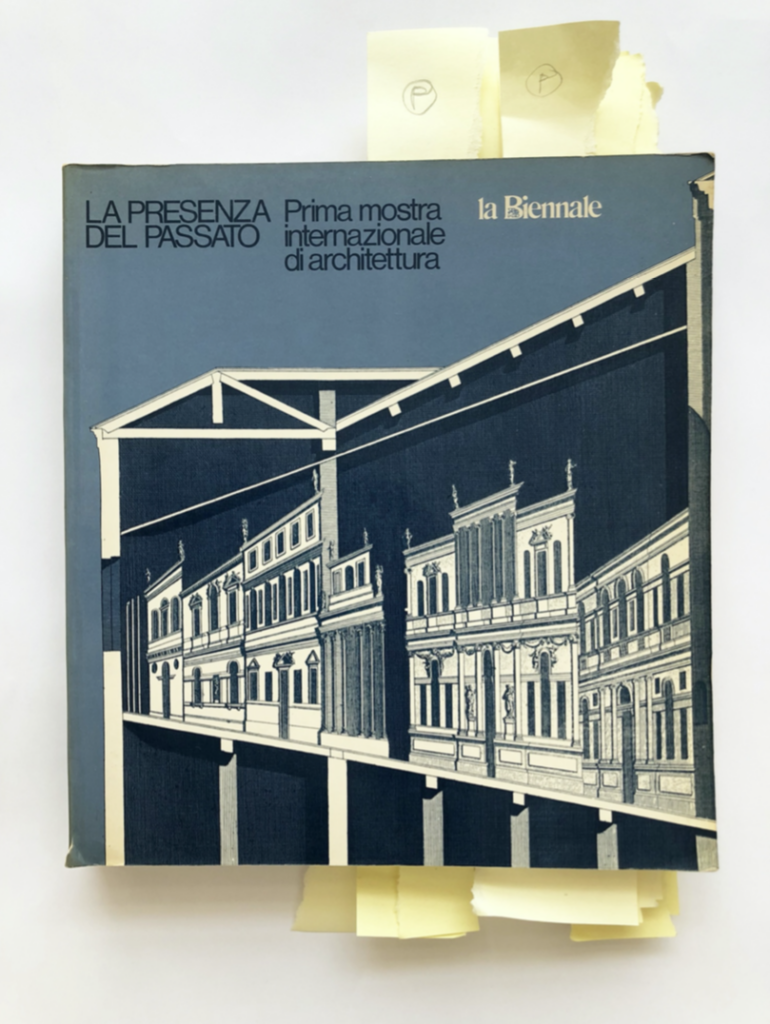Return to archive
title
Improvised architectural responses to the changing climate: Making, sharing and communicating design processes in rural Bangladesh
Author
Tumpa Husna Yasmin Fellows
Abstract
Bangladesh is particularly vulnerable to global climate change because of the shifting riparian characteristics of its landscape and location, with weather-driven calamities disproportionately affecting low-income rural communities. Research findings highlight the unequal distribution of responsibilities and the greater burden on women in the community to respond to the threats of extreme climate. The research methodology for this PhD by Architectural Practice therefore seeks to empower those in Bangladeshi villages by enabling marginalised voices to be heard through an emphasis on collective engagement, especially incorporating the contributions by female residents. Carried out through community-oriented projects in the remote village of Rajapur, this ‘live’ practice-based thesis explores, tests, shares and disseminates some of the rich and varied forms of tacit knowledge which can provide valuable understandings both for those people in the locality and also for architects and designers on the international scale. Responding to social and ecological ‘entanglements’ in Rajapur, the specific problems addressed are erratic rainfall patterns which create both droughts and floods, rising sea levels caused by climate change, and naturally occurring extremely high levels of arsenic-contaminated groundwater supplies, poisoning the food chain and fish in nearby ponds and lakes. How to devise affordable, low-tech solutions that utilise the tacit knowledge and skills of those living in remote villages such as Rajapur? To reshape architectural practice as an active agent for decolonising design methods, so that issues of climate change and spatial justice can be better dealt with, the research draws upon applied anthropological methods – ‘ethnography in the field’ – which prioritise local community members as the indigenous producers of design research, analytical drawings, making and storytelling. The thesis thus addresses a gap in knowledge by contributing a unique approach to participatory architectural practice, showing how it can be expanded to include rural communities in the Global South.
This paper will be presented at the TACK Conference in the paper session NATURE(S), 19 June 2023 between 14:30 – 17:00 (CEST) at ETH Zürich (Auditorium HPV G5).
Tumpa Husna Yasmin Fellows is an academic, researcher (PhD candidate), an architect. She undertakes practice-based research that focuses on design practice to be an active agent of socio-spatial decolonisation for environmental practice at Our Building Design and the charity Mannan Foundation Trust.




